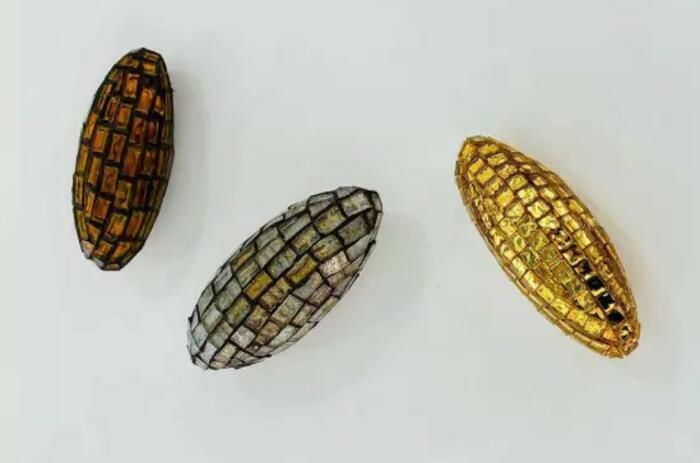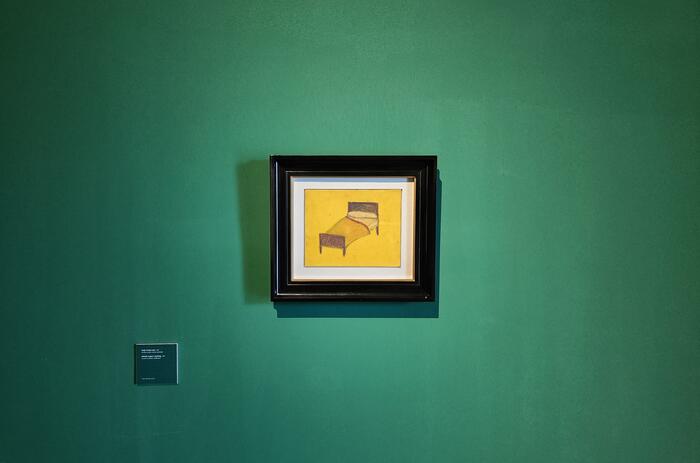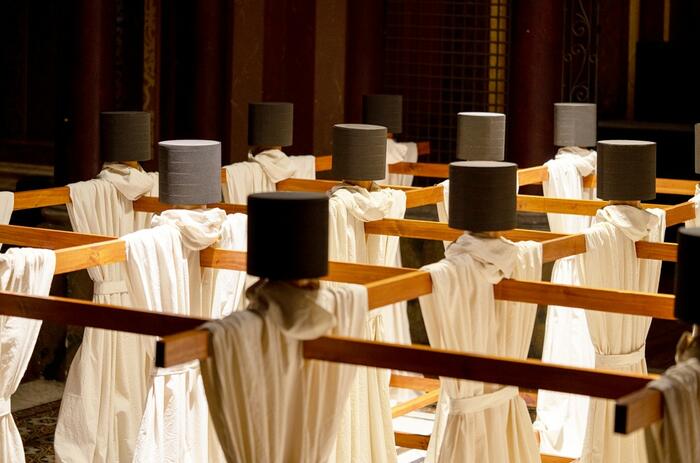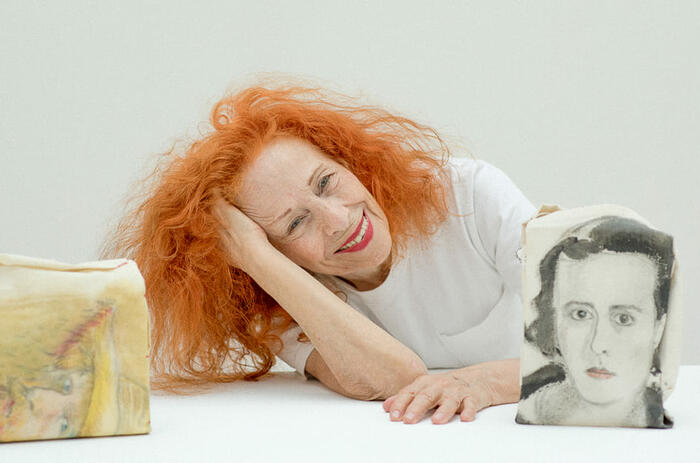DA-LI-LA: THE MALLEABILITY OF THE FIXED
From White Plaster to Colorful Textiles, Dalila Puzzovio (1942, Buenos Aires) has always known how to appreciate broken bodies and dress the living. While some destroy, others build is the title of one of her photographs—a phrase that runs through her remarkable artistic career.
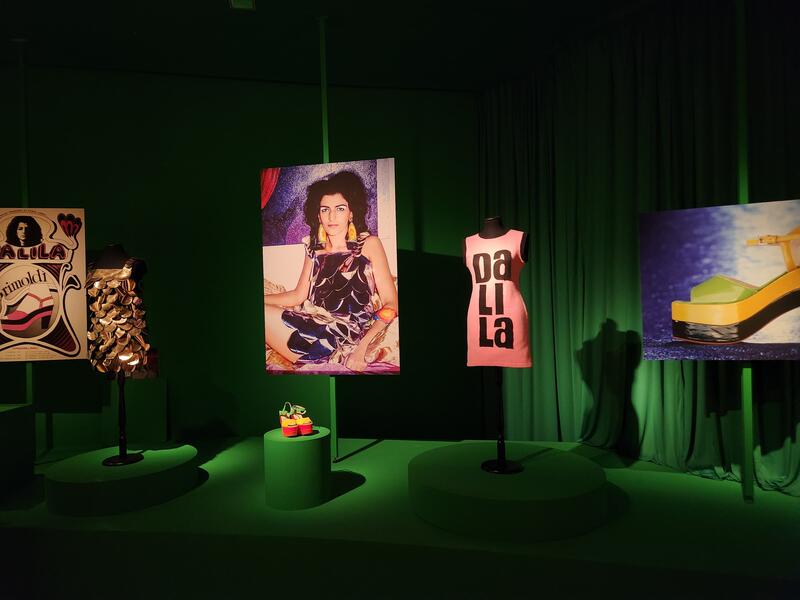
The Museo de Arte Moderno de Buenos Aires presents Dalila Puzzovio: Self-Portrait, an ambitious retrospective of her vast body of work, from her early beginnings to her most recent projects. The show is curated by Pino Monkes, Head of Conservation at the Moderno, and museum curator Patricio Orellana.
The exhibition opens with her informalist work from the 1960s, displayed in a room dominated almost entirely by black and white. During this decade, Dalila’s fascination with orthopedic plaster becomes evident. It allowed her to explore and frame the body’s contours—an approach that would later anticipate her engagement with clothing.
-
Dalila Puzzovio. De la serie “Cáscaras”. Copia de época C.1963. Fotografía por Santantonin. Gelatina de plata sobre papel fibra, 10 x 15 cm
-
Dalila Puzzovio. De la serie “Cáscaras”. Afiche. Publicidad de la exposición “Cáscaras”, Galería Lirolay, Buenos Aires, Argentina. Copia de época C.1963. Impresion Offset sobre papel obra, 10 x 15 cm
-
Dalila Puzzovio: Autorretrato en el Museo de Arte Moderno, 2025
The artist sees in the remnants of those fracture supports and healing devices the potential for beauty: characters in themselves, sculptures as extensions of the body. In that rigid material, she finds a lively form of expression—a drawn game, a substance both fixed and mobile, a creator. Her reconstruction of large orthopedic corsets—some of her most iconic pieces—embodies who Dalila was, while also foreshadowing what was to come: works that contain and exhibit her own art within them.
Then comes pop—green, yellow, pink, synthetic textures, platform shoes, mass media, happenings. And Dalila dresses pop. The garments she creates, some made with nothing but a stapler and a hammer, are bold and unforgettable. She reinterprets her image and identity, and it is fashion that allows her to play with both. Through clothing, the artist proposes the malleability of the self—the freedom to change our skin or to wear our name emblazoned across a dress: Da–Li–La. It’s a playful yet powerful proposition. One that anticipates today’s conversations and inscribes them in her art.
Dalila understood fashion—and that’s why she made art. Her hundreds of diverse designs are a testament to her versatility and her unwavering focus. She never abandons her engagement with the body, identity, and the role of women. Her garments made from broken materials only confirm her sharp eye for what could have been discarded—transforming it into something beautiful and useful. Dalila finds in the last century the formula for creating from waste.
The exhibition closes in her most intimate space: a re-creation of her apartment. Behind the curtains, like a revelation, are her armchair, a television, a few stuffed animals, and several photographs. Perhaps this is the artist’s true self-portrait.
-
Dalila Puzzovio: Autorretrato en el Museo de Arte Moderno, 2025
Dalila Puzzovio: Self-Portrait will remain open until February 2026, at the Museo de Arte Moderno de Buenos Aires, Av. San Juan 350, San Telmo, Buenos Aires (Argentina).



